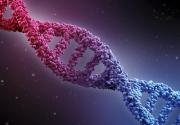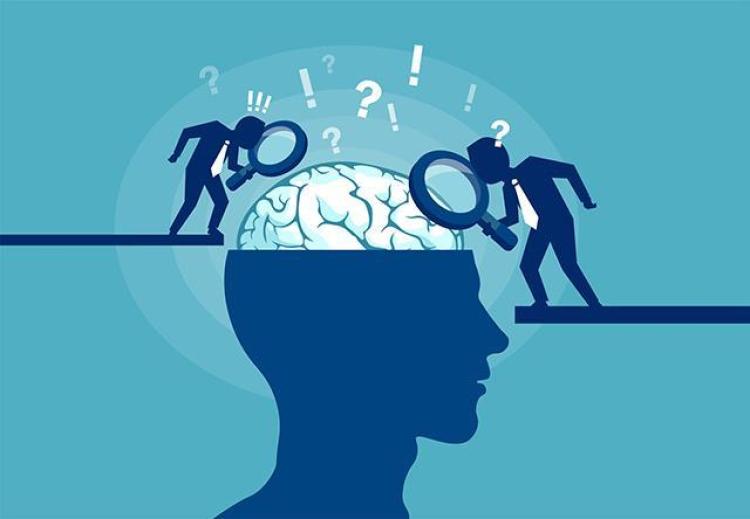For these studies, researchers used data from participants in the UW ADRC Clinical Core, with gratitude.
Genetics (APOE ε4) and Resistance to Alzheimer's

Genetics, longevity, and resistance to Alzheimer’s // Augustine Chemparathy et al. Neuron, Apr. 2024
About 25% of people carry a copy of the ε4 variant of the apolipoprotein E (APOE) gene. APOE ε4 is the strongest genetic risk factor for Alzheimer’s disease after age 65. Researchers are interested in whether “knocking down” the function of ε4 may provide a therapeutic strategy. Researchers studied seven people who carry a rare non-functional version of APOE ε4. Most of these people had remained cognitively healthy until or beyond age 75, including one who remained healthy at age 90 and showed no Alzheimer’s disease in their brain at autopsy. These results suggest that knocking down or silencing APOE ε4 is a promising therapeutic approach and deserves further study.
ADRC-affiliated researchers involved: Suman Jayadev, Elaine Peskind, C. Dirk Keene, Chang-En Yu
Blood Biomarkers of Alzheimer’s disease

A blood test for Alzheimer’s disease and related dementias would provide an inexpensive, noninvasive way to detect and diagnose these diseases in clinics and research. The authors have completed the first report on the accuracy of blood tests for Alzheimer’s disease and other brain diseases among older American Indian individuals. The team collected blood in 401 participants in the Strong Heart Study, and they analyzed markers of four different molecules known to be involved in Alzheimer’s and other dementias. They found that a panel of all four markers, alongside age, sex, and education level, worked best to diagnose dementia in the American Indian and Alaska Native population.
ADRC-affiliated researchers involved: Astrid M. Suchy‐Dicey, Kristoffer Rhoads, Dedra Buchwald, Thomas Grabowski
Dementia-Friendly Health and Social Policy

What Makes a Better Life for People Facing Dementia? Toward Dementia-Friendly Health and Social Policy, Medical Care, and Community Support in the United States // Barak Gaster and Emily Largent. The Hastings Center Report, Feb. 2024
People living with memory loss and caregivers deserve to experience fulfilling lives within a community of support. But as the authors point out, “the US does not have a dementia care system that is universally available and not reliant on the labor and resources of unpaid family caregivers.” They argue that well-funded and coordinated dementia care programs would lessen caregiver burden and improve the lives of people with dementia. They advocate for payment for dementia care managers and new systems to deliver high quality palliative care that tailored to dementia symptoms. These changes could inform discussions around advance care planning and respecting wishes for end-of-life care.
ADRC-affiliated researchers involved: Barak Gaster
Improving diagnosis of CADASIL and early-onset Alzheimer’s disease

CADASIL is a neurological condition associated with both stroke and dementia, caused by a mutation in the NOTCH3 gene. But when a person develops dementia as a first symptom of CADASIL, it can be very difficult to distinguish the condition from dementia caused by Alzheimer’s disease. Researchers searched the genetic codes of individuals from three generations of a large family affected by inherited Alzheimer’s disease. These family members have a decades-long history of ADRC research participation. Among affected family members, the team found a specific variant of the NOTCH3 gene that causes a condition of early onset dementia. This finding revealed that the inherited disease in this family is caused by CADASIL, not Alzheimer’s disease. This knowledge will help individuals at risk for this condition to receive more tailored genetic testing, counseling, and resources.
ADRC-affiliated researchers involved: Olena Korvatska, Debby Tsuang, Suman Jayadev, Thomas D. Bird
View More 'Discoveries Made Possible By You' Research Study Summaries





